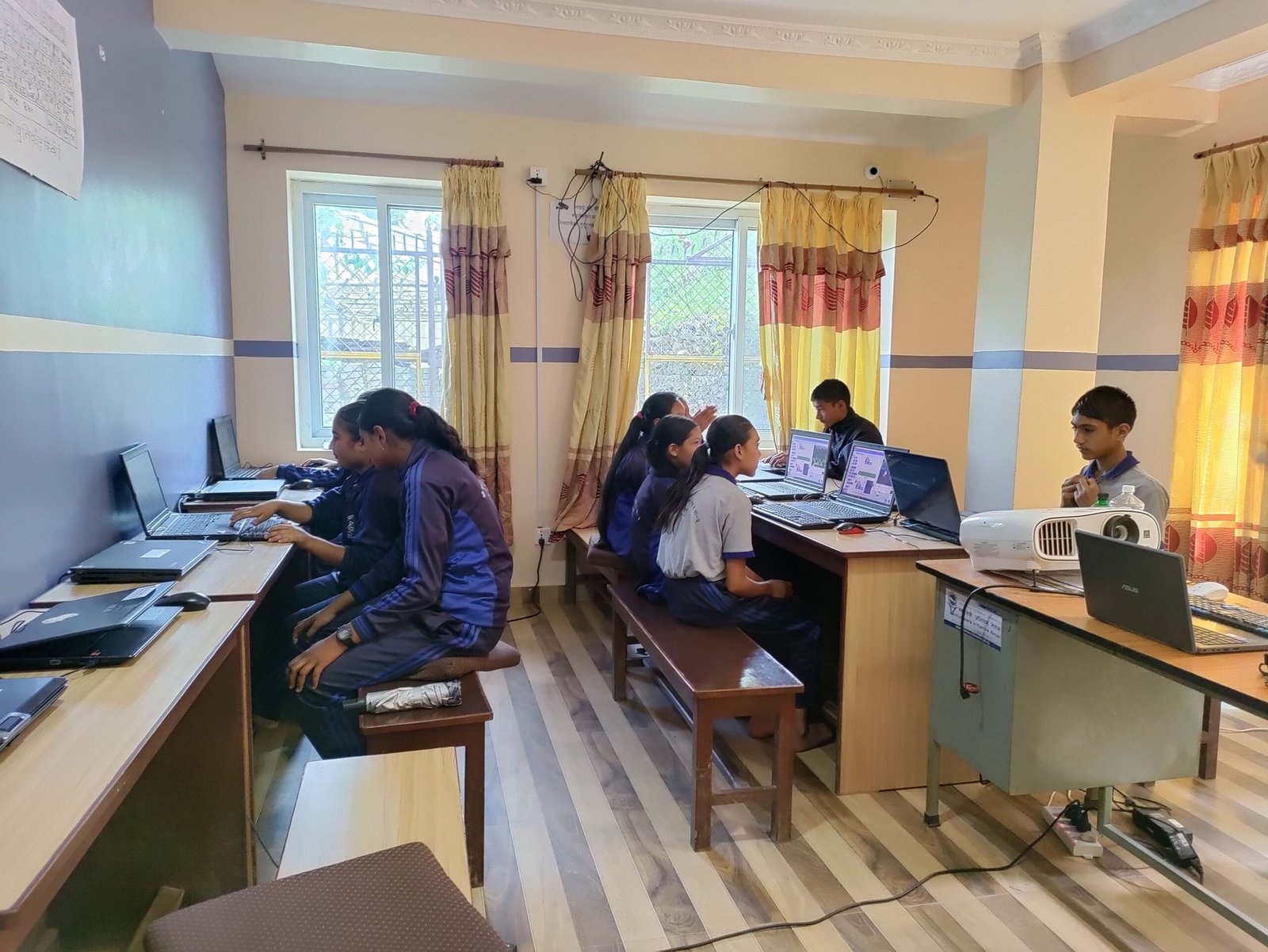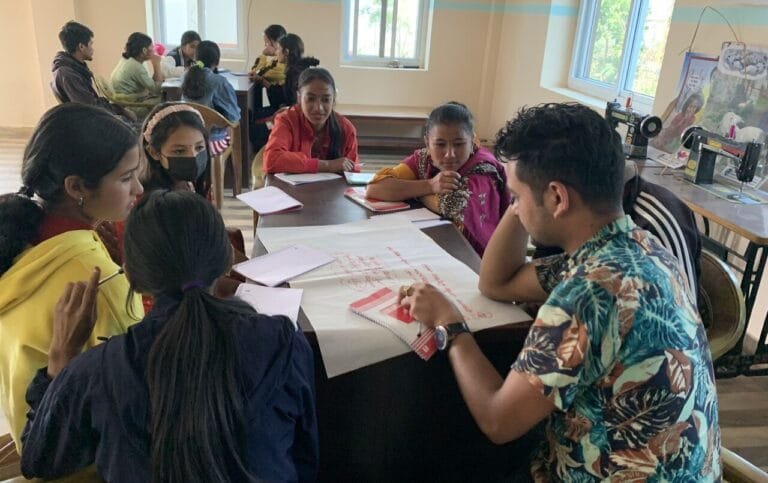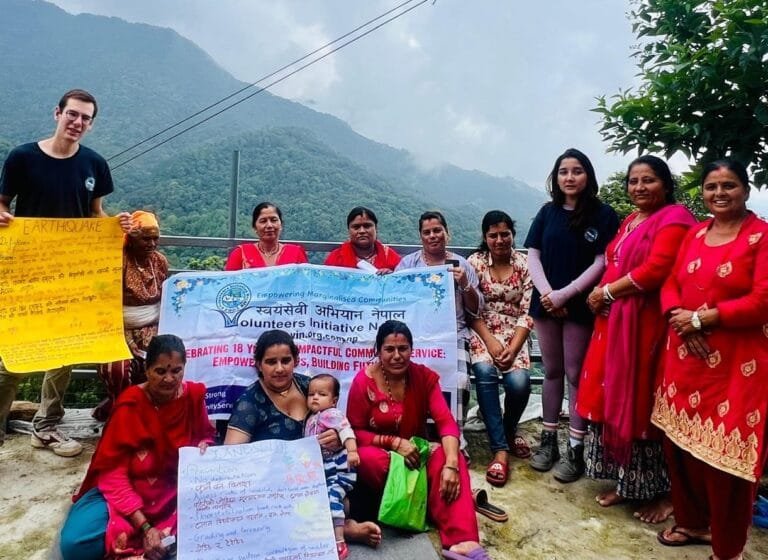Vocational Education Centers: Your Path to Skill-Based Careers in Nepal
In a rapidly changing world, education systems must evolve to meet the growing demand for skilled workers. Vocational Education Centers play a crucial role in addressing these challenges, particularly in countries like Nepal, where access to specialized training can transform lives. These centers provide job skills training, enabling individuals to secure stable employment and contribute to their communities.

What is Vocational Education, and How Does It Help with Careers?
Vocational education focuses on equipping individuals with practical skills required for specific jobs or industries. Unlike traditional academic education, it emphasizes skill-based education tailored to market needs.
The Role of Vocational Education Centers
- Workforce Development Centers play a significant role in reducing unemployment. According to World Bank data, youth unemployment stands at over 19% in Nepal. Vocational training programs can bridge this gap by providing targeted skills for high-demand sectors like agriculture, IT, and healthcare.
- These centers prepare individuals for jobs and boost their confidence and independence.
Benefits of Vocational Education
- Practical Learning: Hands-on training prepares students for real-world challenges.
- Career Preparation: Programs align with industry needs, increasing employability.
- Economic Growth: Skilled workers contribute to local and national economies.
How Do Vocational Education Centers Differ from Other Learning Centers?
Vocational Education Centers, such as Technical Education Centers – ctevt, stand out because they focus on practical, job-ready skills. Explore how vocational education contributes to economic growth
Unique Features of Vocational Education Centers
- Job Readiness Programs: Courses emphasize real-world applications over theoretical knowledge.
- Career Training: Specialized programs cater to specific industries, such as construction, IT, or tourism.
Focus on Workforce Development
In Nepal, Vocational Education Centers collaborate with local industries to ensure the relevance of their training programs. For instance, the rise of ecotourism has led to the creation of hospitality courses tailored to the region’s needs.
Can Vocational Education Centers Guarantee Job Placement?
While no institution can promise employment, Vocational Education Centers significantly improve the chances of securing a job.
Factors Influencing Job Placement
Industry Partnerships: Many centers collaborate with businesses to create job pipelines.
Apprenticeship Programs: These programs provide real-world experience, making graduates more competitive.
Success Stories
Globally, countries with strong vocational education systems, such as Germany and Switzerland, report youth unemployment rates below 8%. In Nepal, initiatives like the NaraTika Community Learning Center are starting to yield similar success stories by empowering local youth with in-demand skills.
What Types of Job Skills Can I Learn at a Vocational Education Center?
Categories of Training Programs
Technical Skills: IT, engineering, and mechanics are popular choices.
Service Industry Training: Programs in hospitality, healthcare, and retail.
Creative Industries: Skills in graphic design, media, and arts.
Apprenticeship Programs
Apprenticeships are a cornerstone of vocational education. These programs combine classroom learning with hands-on experience, ensuring students are job-ready upon graduation.
Emerging Job Skills in Nepal
As the country modernizes, Job Skills Training in areas like digital literacy and green technologies is becoming increasingly relevant. These courses equip students to thrive in a global economy.
Why Choose a Vocational Education Center?
Advantages for Students
Advantages for Employers
Community Benefits
Vocational centers contribute to social equity by making education accessible to marginalized communities. In Nepal, where many people live in rural areas, these centers are often the only pathway to a better future.
Get Involved with NaraTika Community Learning Center
The NaraTika Community Learning Center in Okhaldhunga, Nepal, transforms lives through vocational education. Operated by Volunteers Initiative Nepal (ViN), it offers:
How You Can Help
By supporting the NaraTika Community Learning Center, you can help empower individuals with life-changing skills. contact us to learn more.
Conclusion
Vocational Education Centers are vital in creating a skilled workforce, reducing unemployment, and driving economic growth. They provide opportunities for individuals to transform their lives and communities. With initiatives like the NaraTika Community Learning Center, Nepal is embracing the power of workforce development to ensure a brighter future for all.
Take the first step today—find a Vocational Education Center near you or get involved with NaraTika CLC to make a difference!





[…] empowering women and marginalized communities in Nepal. Projects such as women’s cooperatives and vocational training programs help individuals gain financial independence, and the proceeds from charity trekking directly […]